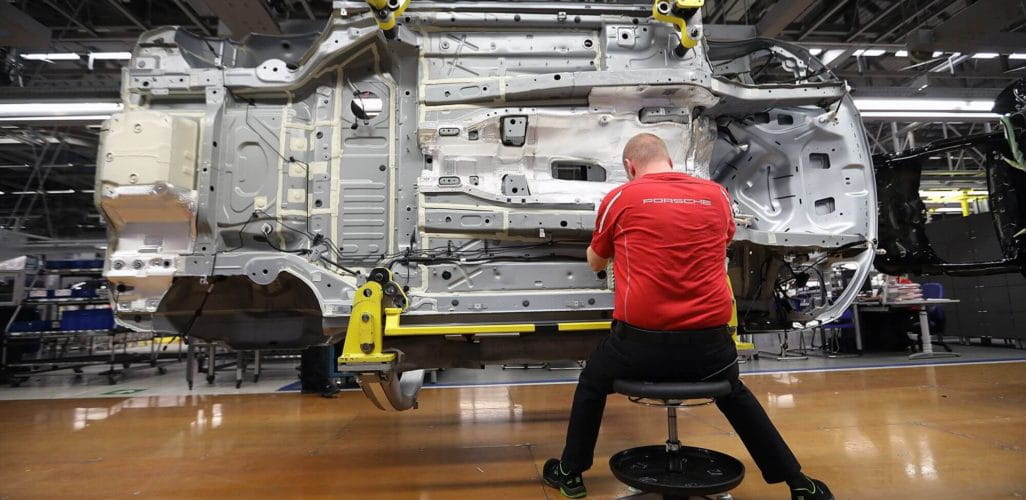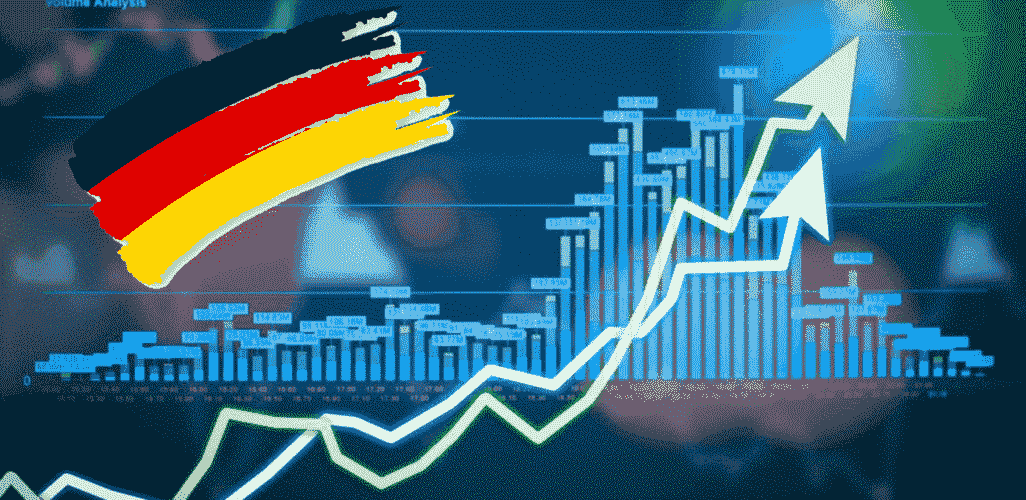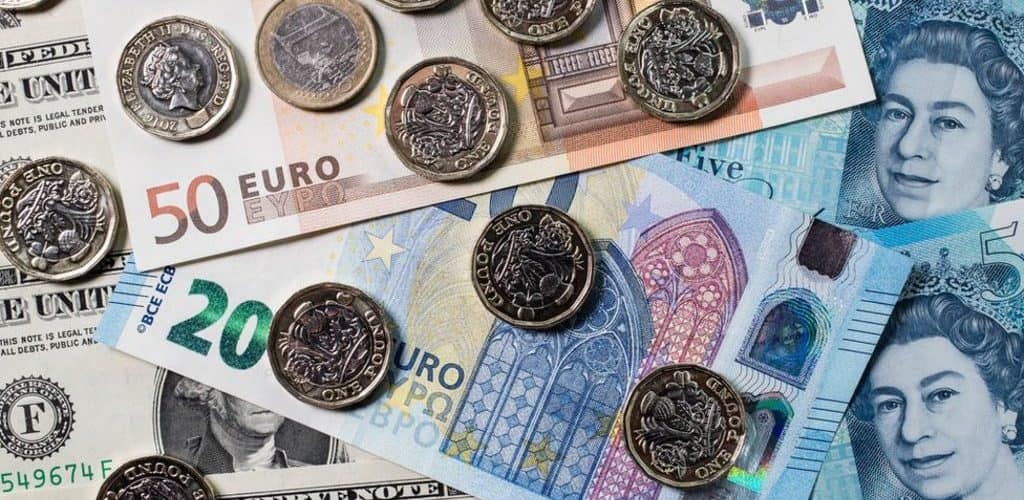There is not a semblance of a doubt that the global economy is currently going through a slowdown and falling demand, but it becomes a bit more alarming if one of the world’s biggest economies finds itself on the precipice of a recession. According to data published by the Federal Statistics Office in Germany, the economy remained static and remained static, however, did not actually contract. Had that happened, then Germany would officially have been in the middle of a recession. Two consecutive quarters of economic shrinking is generally regarded as a recession. In the third quarter, the German economy contracted by 0.2%.
It is an alarming time for Europe’s largest economy, which had recorded robust growth over the years but the signs of a slowdown were apparent in 2018. The biggest reason behind the slowdown is the poor performance of Germany’s export, and that has a lot to do with shrinking orders from different parts of the world. The larger slowdown in the global economy has also bitten Germany exports figures and needless to say, it has made for a weak performance for the country on the trading front. In addition to that, consumer spending remained muted. For instance, the uncertainty over the emissions regulations, many German citizens stayed away from purchasing new cars. Automobile remains one of the most important industries in the country.
Jack Allen of the economic consultancy firm Capital Economics said,
If you look at Germany across 2018 we’ve seen a pretty broad-based slowdown in growth. We’ve seen household consumption slow, we’ve seen business investment slow, and we’ve seen export growth slow. What’s particularly worrying is that the early signs for 2019 suggest that a strong rebound is unlikely.
However, there are more worries round the corner for Germany as the United States, under the leadership of President Donald Trump could impose steep tariffs on cars that are imported from the European Union. The US President has threatened to impose those tariffs in the past. However, experts believe that, if all things remain the same, the slowdown in the global economy is going to have a big effect on the German economy. Economists believe the German economy will grow by around 1% in 2019. On the other hand, economists like Claus Vistesen believe that a turnaround is round the corner and believes the numbers in the first quarter are going be much better. It remains to be seen what comes to pass. The German Federation has already expressed their views on bitcoin, that it’s “not real money”. Avoiding cryptocurrencies’ influence over the world including bitcoin gambling and bitcoin as a payment option, Germany responded to the growing concern over the economic effects of Facebook’s Libra cryptocurrency.




